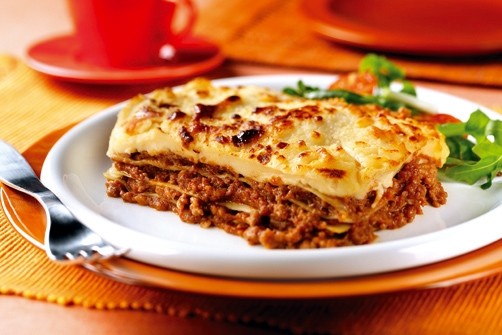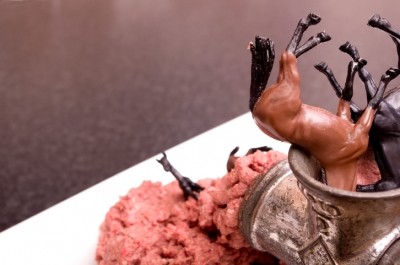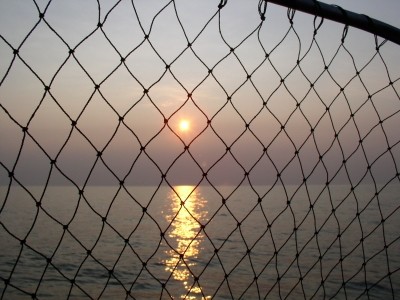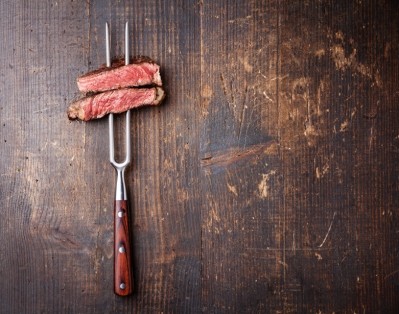EU highlights top ten foods at risk of fraud

The report underlines that risk of food fraud is greatest when potential economic gains are large and chances of getting caught are slim. Most of the at-risk foods can easily be mixed with products that are difficult to detect, such as non-organic items in organic foods, or powders, pastes or liquids bulked out with fraudulent products.
Rounding out the top ten most at-risk foods are: milk, grains, honey and maple syrup, coffee and tea, spices (such as saffron and chilli powder), wine, and certain fruit juices.
The report, which has been compiled with input from industry, law enforcement agencies and member states, found that the risk of fraud had been exacerbated by the economic crisis. Other issues contributing to adulteration included a lack of harmonisation across Europe, lack of cooperation with Europol on cross-border investigations, and relatively low sanctions and large differences in sanctions between member states.
What can industry do?
It recommends that sanctions should be increased to at least double the amount sought through fraud, and registrations should be withdrawn for food businesses that are repeat offenders.
“The food sector itself plays a key role,” the report said. “Private initiatives to set up anti-fraud programmes should be encouraged, and a legal obligation for food business operators to report to competent authorities of fraudulent behaviour in their sector could contribute to reveal more fraud cases in an early stage and limit the dangers to public health.”
Meanwhile, Dutch media outlets have reported that MEP Esther de Lange, who is the rapporteur of the Committee on the Environment, Public Health and Food Safety, said she was surprised that meat was not in the top ten, considering the recent horse meat scandal.
Pig rings or squid rings?
She was also reported as saying that some supermarkets tested calamari to make sure it was not actually made from pigs’ anuses, although this was not mentioned in the EU’s draft report. De Lange did not respond for a request for comment on the media reports prior to publication.
The idea of pigs’ anus calamari has been widely dismissed as an urban legend, after gaining traction in January on This American Life, a radio show operating out of Chicago in the United States.





















